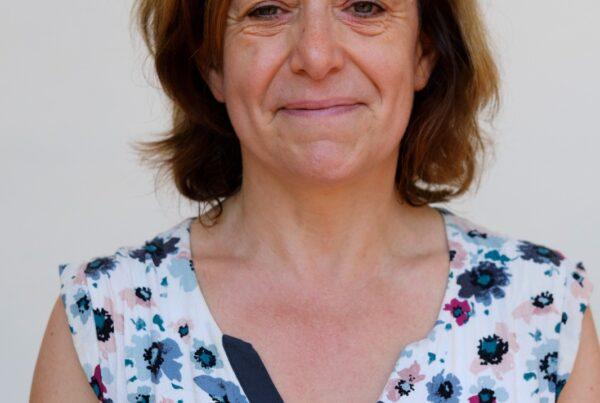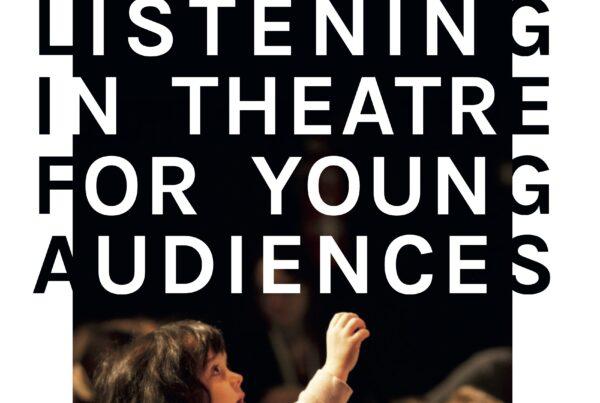By harnessing the power of theatre, we can show young audiences the beauty and possibilities of living in harmony with the planet. Theatre can bring to life scenarios where every person is responsible for contributing to developing something which eventually comes back to us.
I started to educate myself on climate change and sustainability a while ago. Lately, I have been thinking about the spectrum of sustainability and its relationship to children and theatre, and there are a few thoughts I would like to share.
The challenges of environmental sustainability and ways to address them vary significantly across countries due to several factors such as resources, population density, education and infrastructure. Sustainability takes different forms depending on local contexts, from water conservation and recycling at a personal level to renewable energy adoption at the state level.
The core value I talk to children through this understanding is, that if we do not find and adopt sustainable ways of living, we lose the experience of living well in the first place.
Environmental sustainability is central to the way our children and young people should be thinking about spending their lives in the world. Young people have the potential to think about sustainability as a way of life, which is cohesive with nature and other beings on our planet. They can do this naturally if we give them the right circumstances.
I have been thinking about how we, as theatre practitioners, can perform and promote a sustainable world so our children can inherit the idea of sustainability as a natural way of living and doing things.
By harnessing the power of theatre, we can show young audiences the beauty and possibilities of living in harmony with the planet. Theatre can bring to life scenarios where every person is responsible for contributing to developing something which eventually comes back to us.
As theatre practitioners, we all believe in the power of stories, and theatre can instil in children a deep-seated belief that sustainable living is not only achievable but essential for a thriving world. It can inspire them to carry these values into their own lives, making sustainable choices that will shape the future of our planet for all.
There are a few other meanings of sustainability, that we must factor in as professionals. These are important as they enable us to continue our practice and create the impact that we desire. One of the most important forms of sustainability is economic sustainability for our work, so we can remain financially viable, sustain our programming and remain accessible and affordable for all. Cultural substantiality ensures preserving and promoting cultural heritage and celebrating diversity, so the world we are building can benefit from and contribute to our civilisation. Lastly, social sustainability focuses on creating inclusive and equitable theatre experience for young audiences so we provide opportunities for participation and engagement regardless of socioeconomic background, ability, or identity, and fostering a sense of belonging and empowerment among young people.
As theatre makers and practitioners, we have a collective belief that theatre has the power to help children imagine and experience a world that can be better from tomorrow, and the day after.
Here is to all of us for keep imagining and building with and for children and young people!






